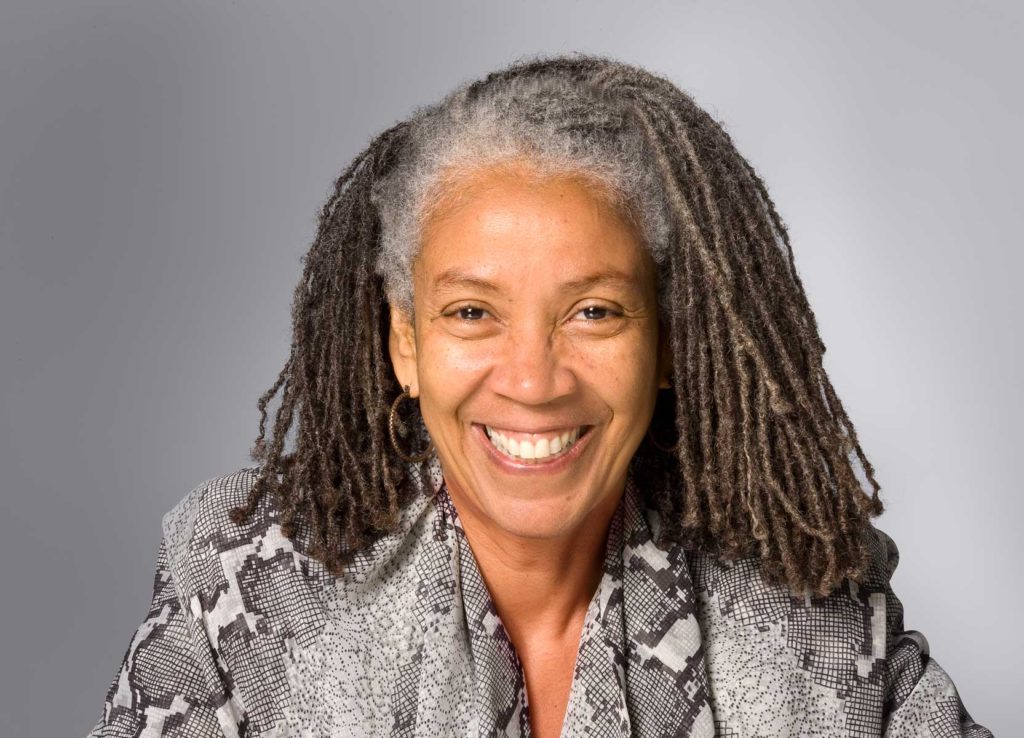|
Getting your Trinity Audio player ready...
|
Reading Time 4 mins
First published, April 20, 2020. Republished March 8, 2022
“Bless you prison, bless you for being in my life. For there, lying upon the rotting prison straw, I came to realize
that the object of life is not prosperity as we are made to believe, but the maturity of the human soul.”
― Aleksandr I. Solzhenitsyn, The Gulag Archipelago, 1918-1956
I am stumped! There is no way to escape my meditation practice. No classes to teach on campus, no visits to the doctor for another month, no meetings with friends and acquaintances at my book group site, and no long phone calls to relatives in foreign countries. It is now time to pretend that I am on a retreat in the Himalayas, as my spiritual counselor encourages his students. We must add another hour to our meditation routine as a means to stem the feelings of anxiety and claustrophobia that may erode our peace of mind.
The mention of the words “pandemic” and “COVID 19” send my inner voice howling at a piercing pitch. What is this “magic” that our Higher Power has done to hold us captive? It’s very much like the storm that Shakespeare’s character conjures in the play The Tempest which, together with CLR James’, The Black Jacobins, served as a source text for George Lamming’s The Pleasures of Exile.

We are in a bubble that is floating into the future. Time will pass, our circumstances will change. In the meantime, we are to rest assured that we are not in control of anything that would change the effect of the pandemic on the world. This leaves us limp with frustration. No control.
Can you imagine having no control over when you go to work when you meet your colleagues when you visit the bank when you shop for personal items, or when you spend time walking out and around your neighborhood or favorite park? We are in the center of the hurricane which makes us realize that the “eye” of the disaster is all about what we perceive in our surroundings. Our illusion of control in our life is laid bare for us to handle as best we can.

Convent Choir /Goretti Group (Trinidad)
Now, I must make up my mind to add one hour to my practice of “mindfulness.” It is up to me to set the alarm to get me in my seat, in my favorite room, so that I can focus my breathing and repeat the words that help to calm my mind and send my prayers of gratitude to my Higher Power.
There is no outside controller for this discipline. No department director at my house or student teachers knocking on my door to encourage me to come out and lead their class. This passage of time, a call to pandemic practice, is all about me and my determination to make the best of the opportunity that has been granted me. I can choose stillness and inward focus or keep spinning in the whirlwind of news reports on the progress of the death march at the command of the deadly virus.
After a week of my determined effort to try this midday quiet time, I find that my body feels relieved as if it has let down a heavy load. It happens every time I depart my quiet spot and return to the familiar tasks of cleaning closets, organizing the garage, and reading student assignments. Music from Roy Patterson’s show on Moody’s Bible Radio station assists the transition back to the mundane. Who knew? This was not what I expected from the choice to clear my mind of virus obsession and focus on the gifts that my Higher Power grants me every minute.
Pandemic practice, indeed! I have a lot to be thankful for and I am learning to count my blessings in an intentional way every day. It takes patience to accept that the wisdom of the sages exists as a result of their experience with the practice of stillness. Focus on the positive in my life is a choice. I make that choice every day that I say “thanks” to the pandemic challenges and “shelter in place” regulations.

My mind can take me to the magnificent poui tree that sits on the grounds of the Mt. St. Benedict campus in Trinidad. The bells from the chapel ring out as a clarion call to my soul. Who cares that my airline ticket to Jamaica has been canceled? I travel as a guest of my Higher Power. No limitations or material costs in the inner space we are blessed to possess. We choose what we want to behold. As Thoreau said, it’s not what you look at, it’s what you see. That’s how I choose to remember the intent of his reflection and today.

Dr. Joanne Dowdy completed her Ph.D. in Literacy Studies at the University of North Carolina in Chapel Hill. She combines her education in literacy with her theater degree from the Juilliard School to help teachers become more effective in the classroom. Dr. Dowdy’s primary research interests include documenting the experiences of Black women involved in education from adult basic literacy to higher education. She authored/edited 16 books, including Minding Their Own Business: Five Female Leaders from Trinidad and Tobago, and her first children’s book, OLYMPIC HERO: LENNOX KILGOUR’S STORY, has been translated into Haitian Krewol this month.
